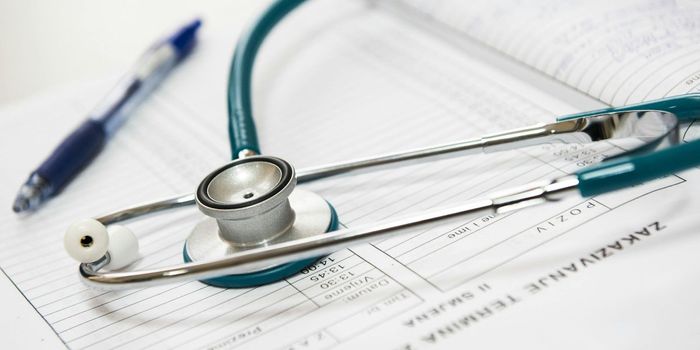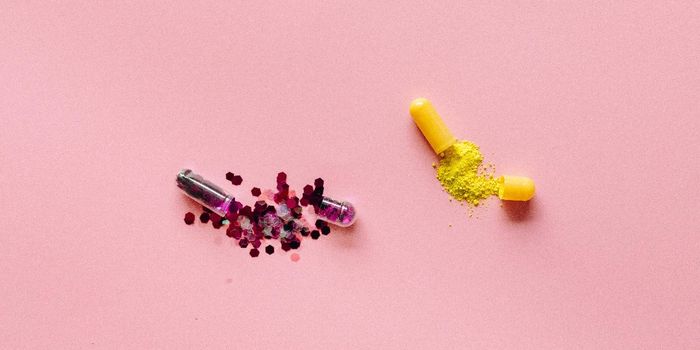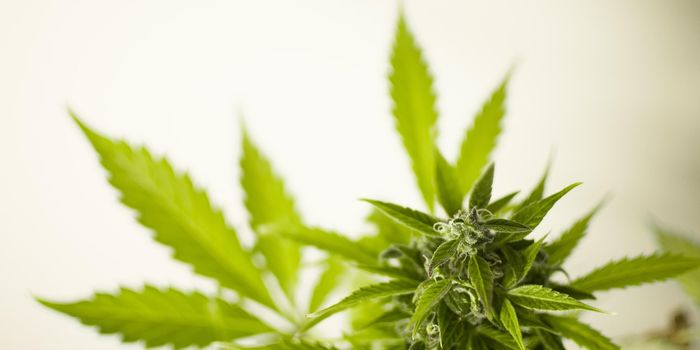Synthetic Cell Controls: The Only Way Forward for Flow Cytometry

Dr. Virginia Litwin addressed the importance of the various measurement controls in her paper, reviewing the currently available controls and calibration methods for flow cytometry. She notes that “biological control material for flow cytometry needs to evolve in tandem with the instruments, reagents, and software approaches. Control cells are important yet remain challenging for the field of flow cytometry. There remains an unmet need for innovative new solutions for this critical aspect of generating high-quality results.”1
Let’s take a closer look at why biological cell lines are not reliable controls for flow cytometry and what the answer might be for Dr. Litwin’s call for “innovative new solutions” in this field.
Why Is There a Need for Innovative Solutions to Cellular Controls?
Flow cytometry debuted in the 1960s and 1970s and is an indispensable tool in the fields of biomedical research, immunology, and clinical diagnostics.2
While flow cytometry instrumentation technology has rapidly evolved since its inception, with the current capability of measuring over fifty distinct parameters, solutions for controls have not evolved.
Those who research and provide cellular treatment for patients with life-threatening illnesses such as cancer use manufactured biological cell lines for control by harvesting cells from patients or matching donors. With all the advances in flow cytometry, the practice of utilizing biological controls remains unchanged, which raises the question…why not?
Why Don’t Biological Controls Make the Cut?
Researchers should logically use them as controls if they are sampling and testing biological samples. While technology has advanced dramatically, the innate challenges of acquiring biological samples have not changed regarding the systemic biological consistency desired and the reliability of materials sourced.
The purpose of a control is to provide a baseline measurement that remains the same throughout various iterations of testing. However, biological cell lines are nearly impossible to standardize, so variability between flow cytometric tests must be considered if different cell lines are used as controls.1
Understanding the critical differences between a healthy donor and a patient requires fundamental knowledge of key traits or characteristics between the two populations. Establishing control material for both healthy and patient populations has its unique challenges. Frequently, cell lines created from harvested patient cells are difficult to scale, and the possibility of contamination by the disease is a high risk.3 On the other hand, healthy donor cells may be harvested in abundance, but the donor-to-donor variability may present characteristics less than desired to serve as a comparative control. The purpose of a control is to isolate one factor among many in a sample to ensure that the detection or measurement of the targeted variable is accurate and consistent. However, this requirement cannot be fully incorporated if biological controls cannot be completely standardized.
Are Synthetic Cell Controls Available?
If biological controls for flow cytometry aren’t ideal, then the solution must be artificially derived. Is anyone creating synthetic cells up to par with the standards needed to provide quality control?
Slingshot Bio has changed how flow cytometry controls are manufactured by responding to the call for an innovative alternative to biological cell lines. FlowCytes4 are synthetic cells that mimic human white blood cells and can be customized for dozens of different diseases. TruCytes5 is another synthetic cell product made by Slingshot Bio intended to act as assay controls for identifying B and T cells derived from bone marrow stem cells and NK cells that actively target cancer and virally affected cells.
FlowCytes and TruCytes can be manufactured in large quantities for greater availability to researchers and biomedical treatment centers that run multiple flow cytometric daily analyses. The most significant advantage of these synthetic cell controls is their ability to maintain low variability between production lots which instills a greater degree of confidence that any changes in results should be a function of biology or a patient state rather than variation from a control or a process.
What Puts Synthetic Cells at an Advantage Over Biological Cell Lines?
This unprecedented solution provided by Slingshot Bio to manufacture a superior alternative control to the highly inefficient biological cell lines may seem too good to be accurate. The unique properties of FlowCytes and TruCytes that give them an advantage over biological cell lines don’t end with their low lot-to-lot variability.
Many biomedical laboratories spend countless hours and resources manufacturing, standardizing, and testing cell lines to use as controls without guaranteeing their quality. Slingshot Bio’s synthetic cell products can eliminate the overhead associated with maintaining biological reference materials while developing the archetype control desired in any quality control program.FlowCytes and TruCytes can be manufactured and scaled economically, thus allowing laboratories to divert resources elsewhere.
FlowCytes and TruCytes have a long shelf-life and are not considered biohazardous.4,5 Laboratories with limited storage and processing capabilities need not be concerned about specialized containment or waste areas for these controls. Synthetic cell controls do not require cold storage for transport.
Biological cell lines can be compromised if they are not kept at a specific temperature... Biological samples are often stabilized using additives to extend shelf-life. However, they are still restricted to specific users or thermal cycles, and customers are still required to purchase them routinely.
Overall, synthetic cell controls provide a practical solution to the deficiencies and gaps of using biologically manufactured cell lines or control material.
Keeping Up with Advancing Technology
Just as the technology in instrumentation is ever-evolving to increase the quality, precision, dimensionality, and accuracy of cellular measurements, the evolution of controls should follow suit. Manufacturers, proprietors, and end-users of flow cytometry instrumentation incorporating the innovative technology of synthetic cell controls will find themselves at a clear advantage over those relying on biological controls or reference material.
Synthetic cell control is a massive leap in advancement toward even greater capabilities of cellular research and solutions. Slingshot Bio has answered the challenge posed by Dr. Litwin and continues to move the field of cellular research into the future.
References
1. Litwin, V. Controls and calibrators for measurement assurance in flow cytometry: new applications and new requirements.
2. https://fcslaboratory.com/a-brief-history-of-flow-cytometry/
3. https://www.ncbi.nlm.nih.gov/pmc/articles/PMC5101941/
4. https://shop.slingshotbio.com/products/flowcytes-wbc-scatter-mimic








